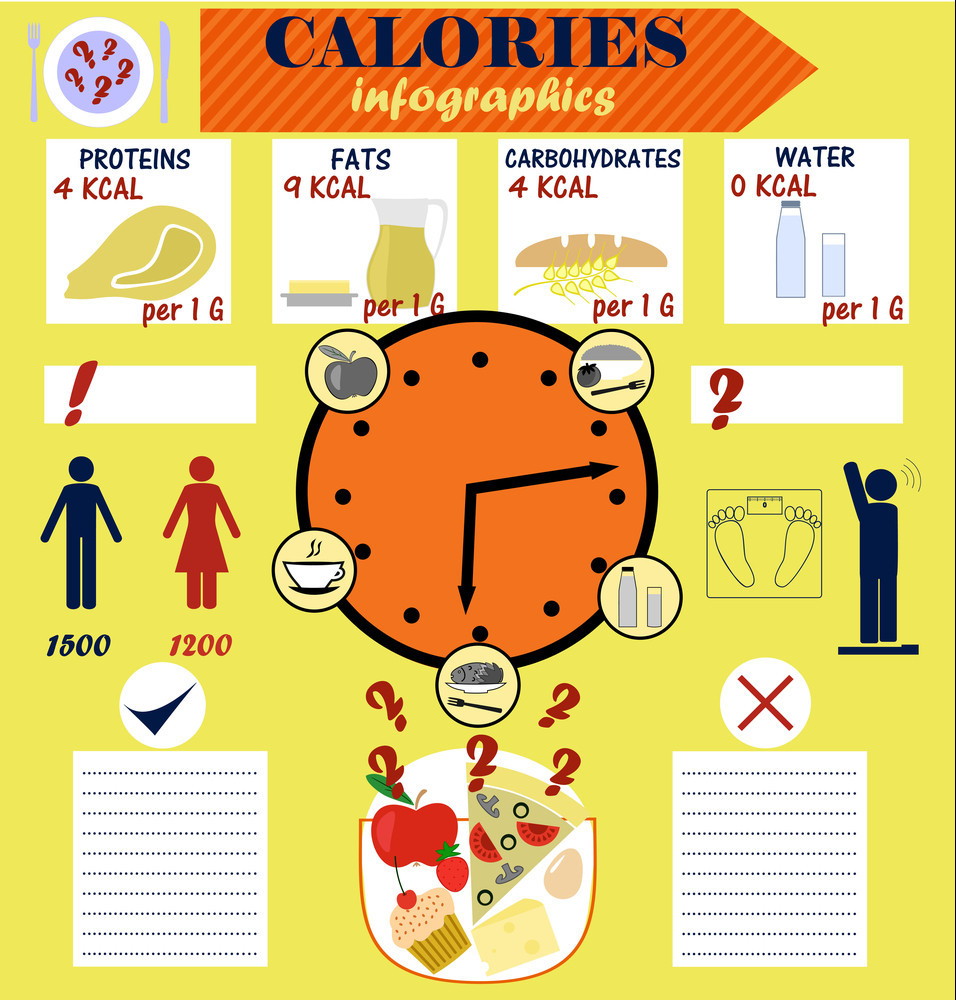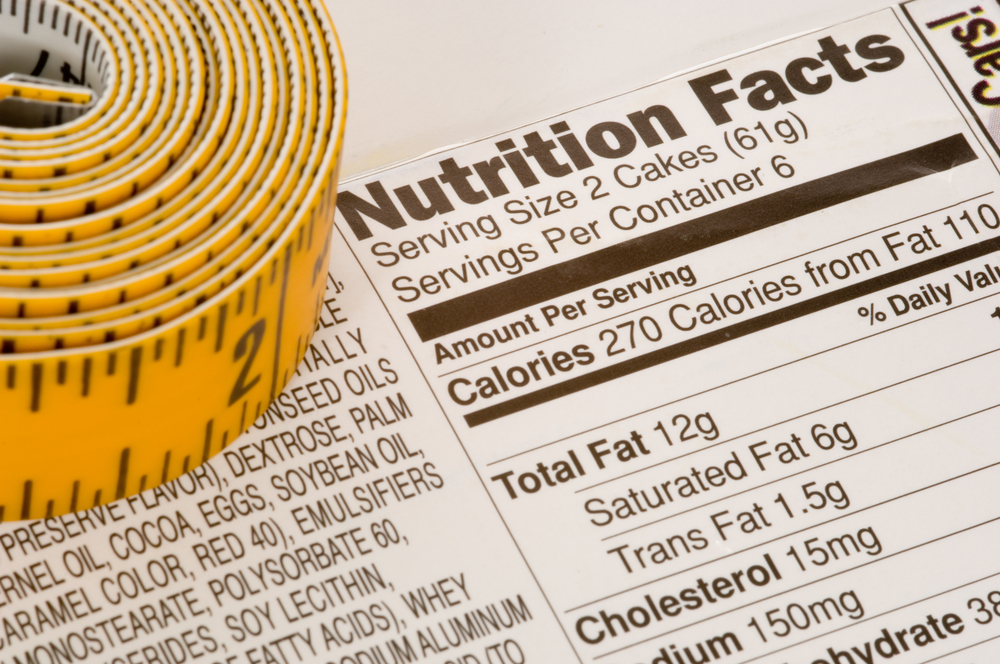If you’re wondering how many calories do you burn running 5k, the answer is not as straightforward as you might think. Many factors affect the calories you burn during a run, including your body weight, running speed, terrain, and surface. In this post, we’ll explore some of these factors and look at different ways of tracking your calorie burn.
What Is A Calorie

Before diving into the details, let’s define a calorie. A calorie is a unit of energy that measures the energy in food or drink. We often use calories to estimate how much energy our body needs each day. The number of calories in a food or drink depends on its serving size and the amount of energy-providing nutrients it contains, such as sugar and fat.
For example, a small serving of candy may have fewer calories than a larger serving of fruit, but the candy will have a higher calorie content if it contains more sugar and fat than the fruit.
A woman is recommended to eat 2000 calories per day, whereas a man is recommended to eat 2500 calories per day, especially if participating in various exercise programs.
Three thousand five hundred calories approximately equate to 1 pound of body weight. So when a person wants to lose just 1 pound, they need a 3500 calorie deficit which should be achieved by diet and exercise.
How Many Calories Do You Burn Running 5k
There are many different ways to calculate how many calories you burn running. The most simplistic way is to use the general rule of 100 calories per mile. This is a very simplistic and quick way to calculate calories burned, and as 5k is 3.2 miles, you will probably burn between 300 and 400 calories during your 5k run. Numerous factors affect calorie burn when running, and I will look at these in more detail below, as well as the various methods available to track our calorie burn.
Body Weight and Calorie Burn
Your body weight is one main factor affecting how many calories you burn when running a 5k. Generally, a person who weighs more will burn more calories than a lighter person who runs at the same pace. This is because a heavier person will use more effort to run the 5k at that pace than a lighter runner.
Running Speed and Calorie Burn
Another factor that affects how many calories you burn is your running speed. A person who runs faster will burn more calories than a slower runner, provided they are at the same level of running. However, a seasoned runner who runs fast will probably burn fewer calories than someone new to running, so it’s important to consider your level of running when thinking about speed. The average time to run a 5k is around 30 minutes, varying from 15 to 45 minutes.
Terrain and Surface
The terrain and surface you run on can also affect how many calories you burn during a 5k. If you run on flat ground, you will burn fewer calories than if you run up a hill. Running on a treadmill is the most accessible surface, but it is also harder to run on, so it requires more effort, resulting in more calorie burn. Your calorie burn will vary depending on the surface you run on. The grass is easier than a track, which is easier than a treadmill.
Weather
The weather significantly affects how many calories we burn when running a 5k.
If we run into a strong wind, we will burn more calories than if it is calm, as we run twice as hard and still seem to be getting nowhere.
If sweltering, we will burn more calories as the body has to work harder to produce sweat to keep a healthy core body temperature.
Though strangely, our body will burn more calories doing a 5k run in freezing weather, I am not entirely sure why.
Tracking Your Calorie Burn
Now that we’ve examined some factors affecting your calorie burn let’s explore different tracking methods.
Calorie Calculator
There are many different types of calorie calculators online. These are more accurate, but you must know your height, weight, and running pace. These work by taking your age, height, weight, speed at which you are running, and the amount of time spent exercising, working out the number of calories you burn during your workout.
Based on the number of calories that we burn while doing exercise, the calorie calculator can be used to estimate the number of calories a person needs to consume each day. This calculator can also provide some simple guidelines for gaining or losing weight. The calorie calculator will advise us how many calories we need to eat to burn 0.5 pounds per week or 1 pound per week.
The disadvantage of the calorie counter is we can become too engrossed with it and end up not living a healthy and balanced lifestyle. On top of this, it can also contribute to more stress, guilt, and confusion about food and exercise.
Apps
You can download many apps on your phone that will track the calories you burn, the distance you run, and the speed you run. The disadvantage is that you have to carry your phone around while running. Examples of these apps are Strava and Map my run. I am not a fan of having to carry my phone around. Some apps are compatible with watches but also work independently on the phone. These apps calculate the calories burned during exercise and walking during everyday life.
Watches
Most fitness-tracking watches calculate your calories burned as you perform any exercise. So the next time you run 5km, check your watch to see what calories you have burned. Examples of these are Fitbit, Garmin, Apple, and Polar. I believe these watches are the best, as once you start your run and hit start, you can have all the information you want to see on one screen, such as pace, heart rate, and burned calories. These watches will track calories burned while sleeping, steps taken, and any other form of exercise. These watches are compatible with many of the apps.
Treadmills
Many treadmills will also calculate calories burned while running on a treadmill. The treadmill will take speed and incline into account when calculating calories burned for a more accurate calculation.
How To Increase The Number Of Calories You Burn While Running
We can try to increase the number of calories that you burn while running by:
- Running uphill more – Running uphill is a lot harder than running downhill or on the flat, so we will burn more calories running uphill as our bodies work a lot harder.
- Try to run faster over the 5km – if we try to increase our pace when running a 5km, we will expend more energy as our bodies will have to work harder to achieve this increase in pace.
- Run for longer – instead of just running 5km, we should increase our distance and try to run at least 10km. We will burn more calories the more we run. It is essential to remember not to increase our weekly mileage by more than 10%, as this can lead to injury.
- Wear a weighted vest while running – weighted vests have become very popular as they increase our body weight when running, which will help us burn more calories. As the heavier we weigh, the more calories we burn when running. Weighted vests come in various different weights.
- Try and include intervals. Intervals are faster periods of running included in our run. The more of these we include in our run, the harder and faster we have to run, which helps burn more calories.
Final Thoughts
Understanding the factors that affect calorie burn during a 5k run and the various methods for estimating calorie expenditure can help you make informed decisions about your running routine. While the exact number of calories burned will vary from person to person, being aware of these factors and utilizing the available tools can help you maximize your calorie burn and optimize your fitness journey.
Please feel free to comment below if you have further observations or insights on how many calories you burn while running 5k.

